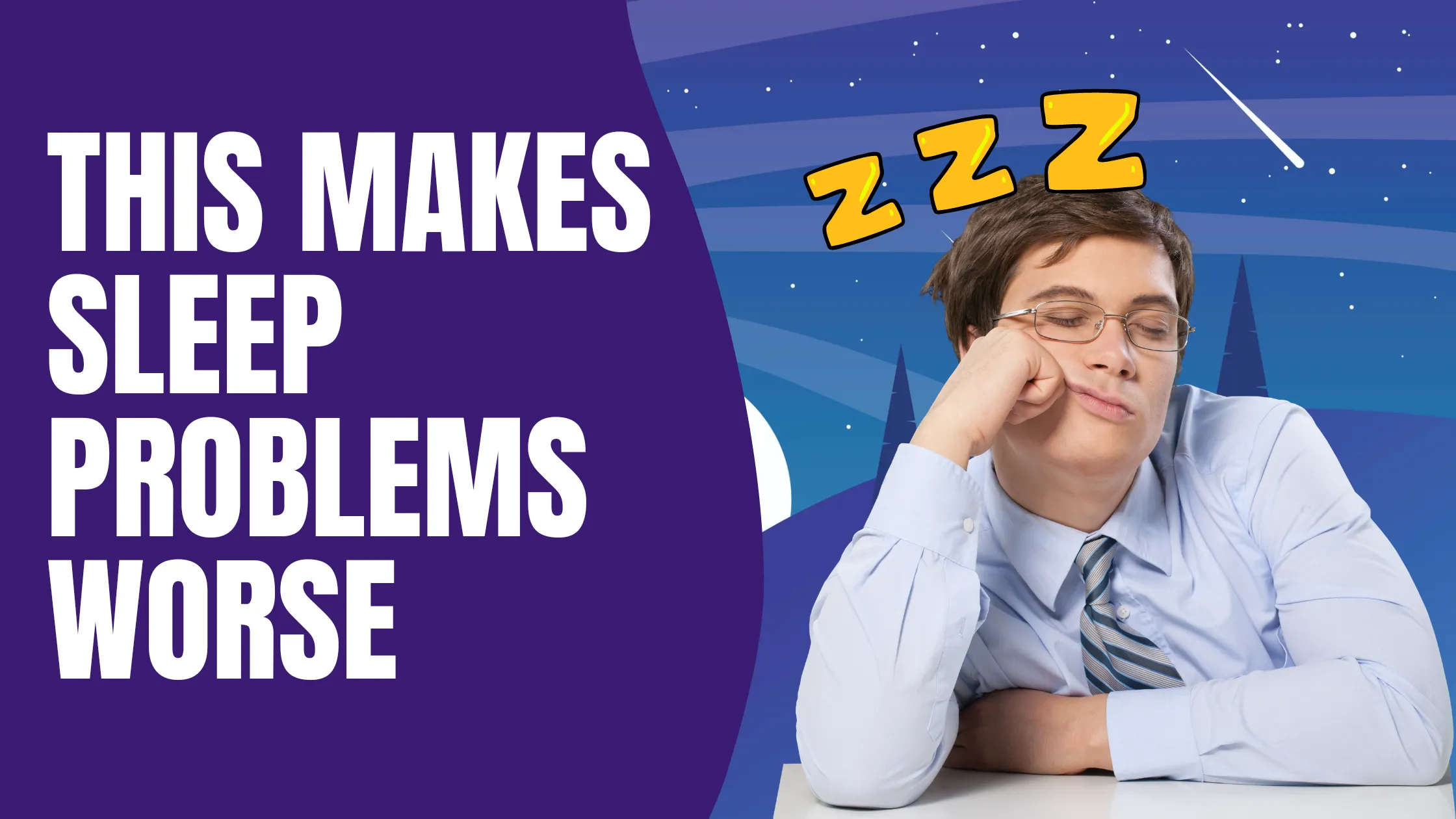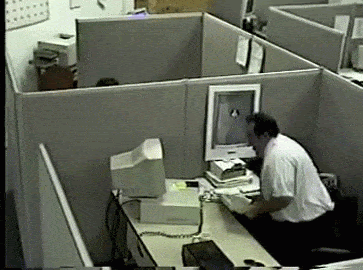Lower stress in 15 minutes

Imagine That Stress Isn’t So Bad
Stress isn’t going anywhere.
That’s just a fact of life.
Of course, minimizing the stressors you can control is a great idea.
But we also know that how people respond to stress can matter.

This is known as a “maladaptive coping mechanism.”
It turns out there’s a vast difference between…
“Ugh, why does everything in my life have to be so HARD!?”
And…
“This sucks, but I can learn and grow from it.”
Research shows that people with healthier stress mindsets have more robust coping mechanisms and better health and performance when confronted with stressors.1,2
So how do you navigate the gap between these two attitudes?
Well, it’s a process.
But making progress can take WAY less time than you might imagine, according to a recent study published in the journal Emotion.3
In the study, some participants—the intervention group—were shown a video on how to use a “healthy stress mindset” visualization exercise.
Other participants—the control group—got some visualization information but no instruction on how to use it for stress management.
If you’re curious about that visualization exercise, you can see the six-minute video the participants watched here.
In case you don’t feel like watching, here’s the gist.
The video…
It gives a few examples of how stress can have positive outcomes. (For example, stressing over your finances can help you learn to budget better.)
Asks participants to vividly imagine the stressors likely to come up for them in the next month or so.
Instructs them to take two to three minutes to imagine the potential positive consequences of dealing with these stressors and how they might reap those benefits.
Asks the participants to spend time writing down what they just imagined in as much detail as possible.
All in all, this exercise takes a maximum of 15 minutes, journaling included. (Something to keep in mind as you read the results below.)
What the study found
It turns out this short exercise had a significant impact on the participants in the intervention group.
They experienced a better attitude about stress right after the exercise and two weeks later.
Interestingly, the people most bothered by their stress seemed to respond best to the visualization exercise.
One other important finding: The benefits seemed to wane slightly after two weeks.
The researchers said the effect was still strong after two weeks but not as strong as it had been immediately after watching the video and doing the journaling.
This intuitively makes sense: For mindset changes to take hold long-term, they likely need to be consistently reinforced.
The Big Takeaways
Like anything else, when it comes to shifting your stress mindset, the best results will come with consistent practice.
Different strategies may resonate more than others.
This study used multiple strategies all at once:
- guided visualization
- structured reflection
- journaling
That doesn’t mean you have to implement this exact formula. But it’s good to know there are options.
For instance, once a week or once a month, you might do one of these activities:
Come up with a list of everyday stressors and what someone might learn from them. (You’ll most likely draw from your own experiences. Sneaky, right?)
Sit quietly and imagine the top three stressors you will deal with next week. Then, consider how you might tackle them and learn from them.
Grab a journal and spend five minutes jotting down what was most stressful for you in the past week and the positives that came from that stress (no matter how small).
This isn’t just about you, though.
We used “you” in the above advice, but if you’re a coach, you could guide clients through the same process. (Or share it with your partner or friend.)
Some folks may need variety, while others might want to use the same stress mindset exercise every time.
There’s no best way to do this, so feel free to experiment and see what works at turning “the world is out to get me” into “I’ve got this.”
Want to learn more highly-effective ways to manage stress?
Join our excellent Stress Reduction Program
Until next time,
- The HL Team
